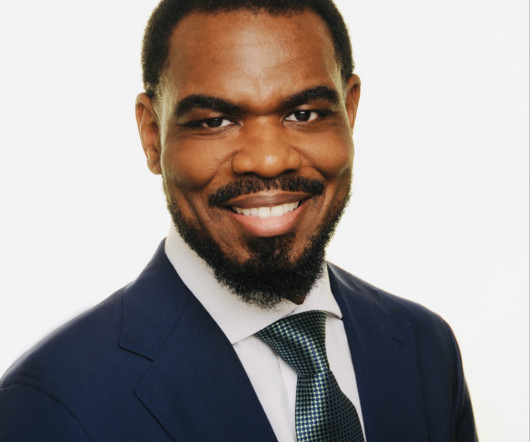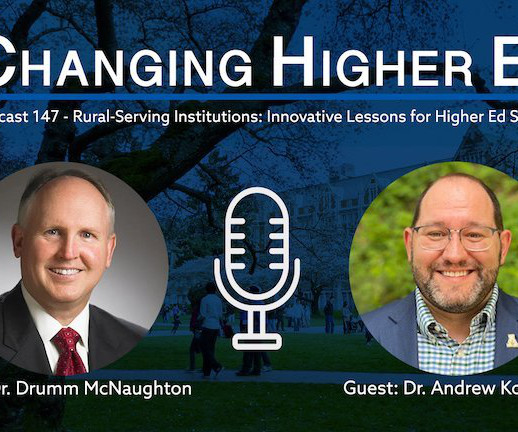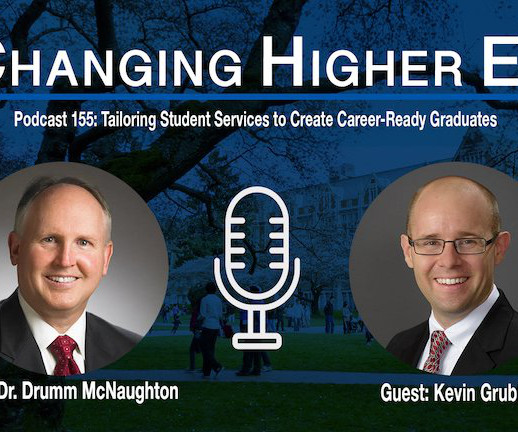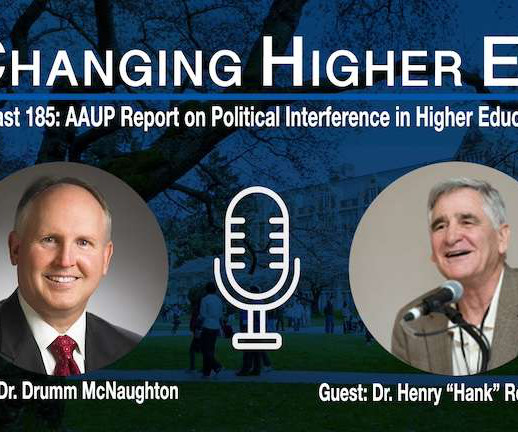A Missing Piece [Peace]: Teaching & Learning in the Digital Age
Diverse: Issues in Higher Education
MARCH 6, 2024
The visceral response from this faculty participant captivated me; in this moment, I knew there was definitely “a missing piece [peace].” Dr. Morris Thomas is assistant provost for digital and online learning and director of the Center for Excellence in Teaching, Learning, & Assessment (CETLA) at Howard University.











Let's personalize your content